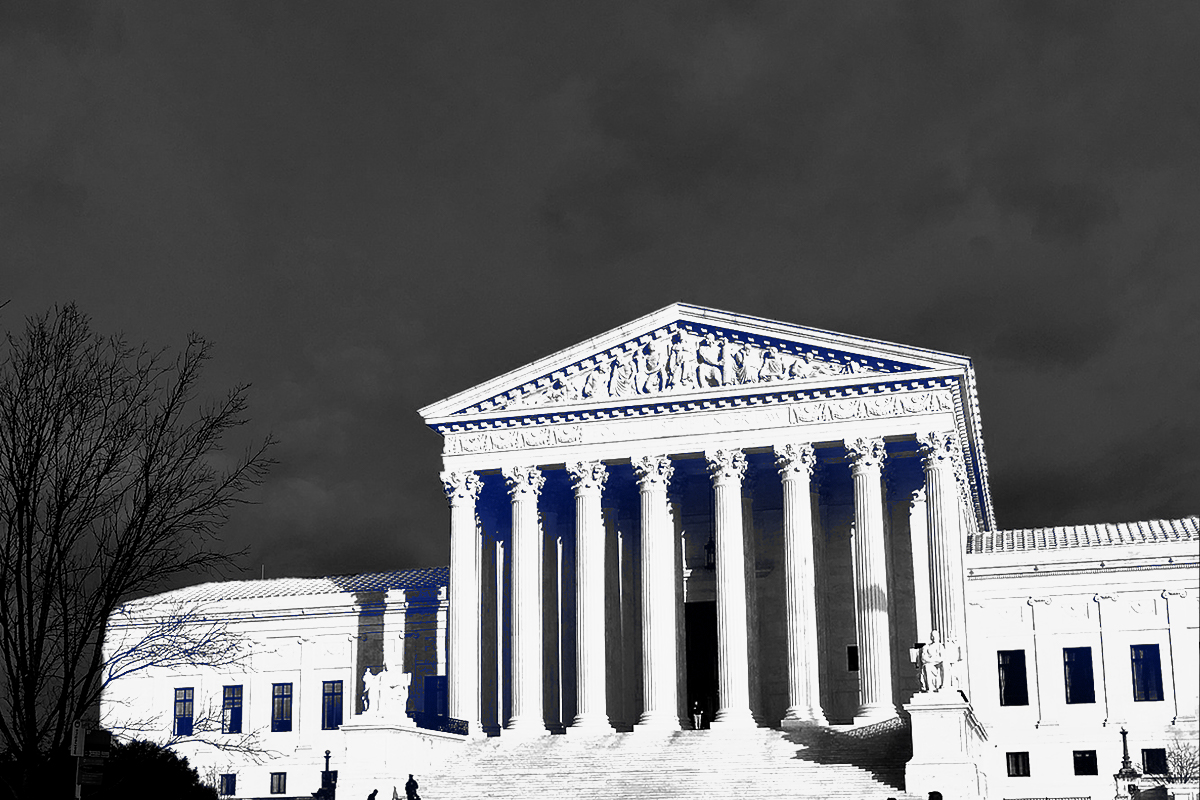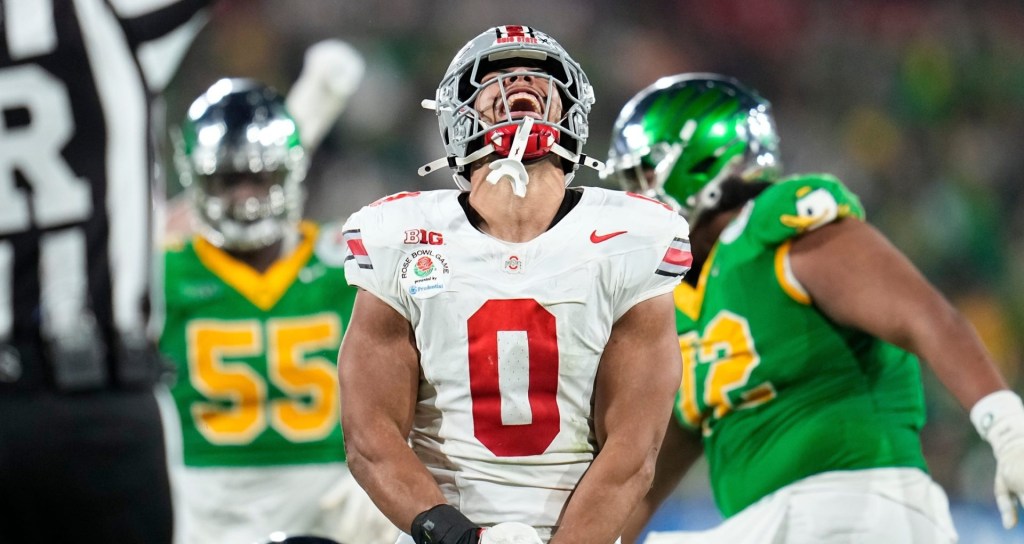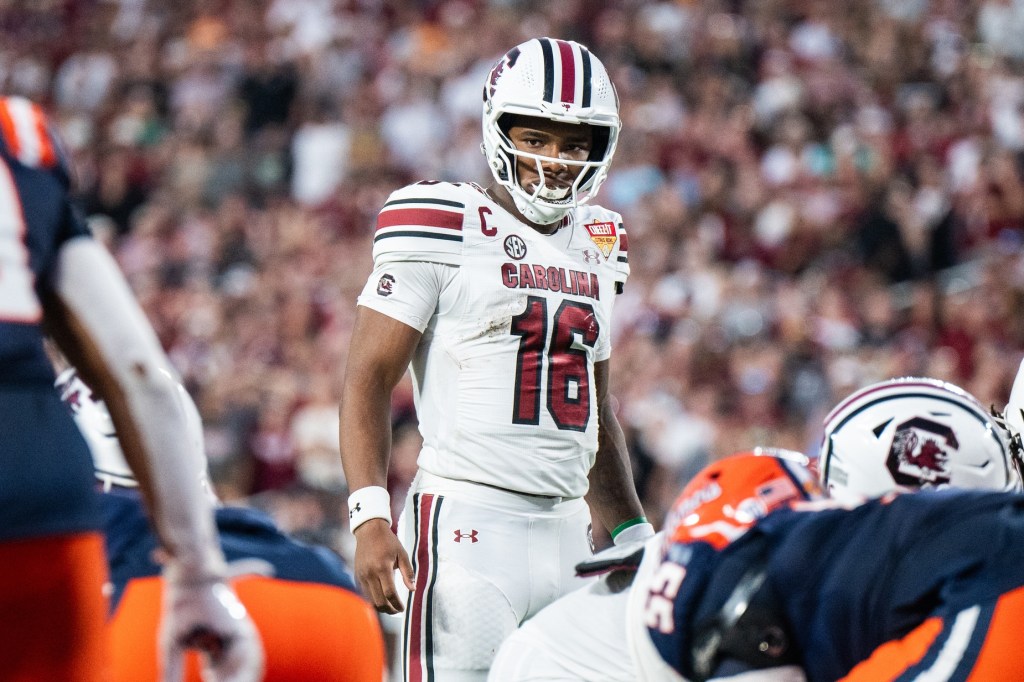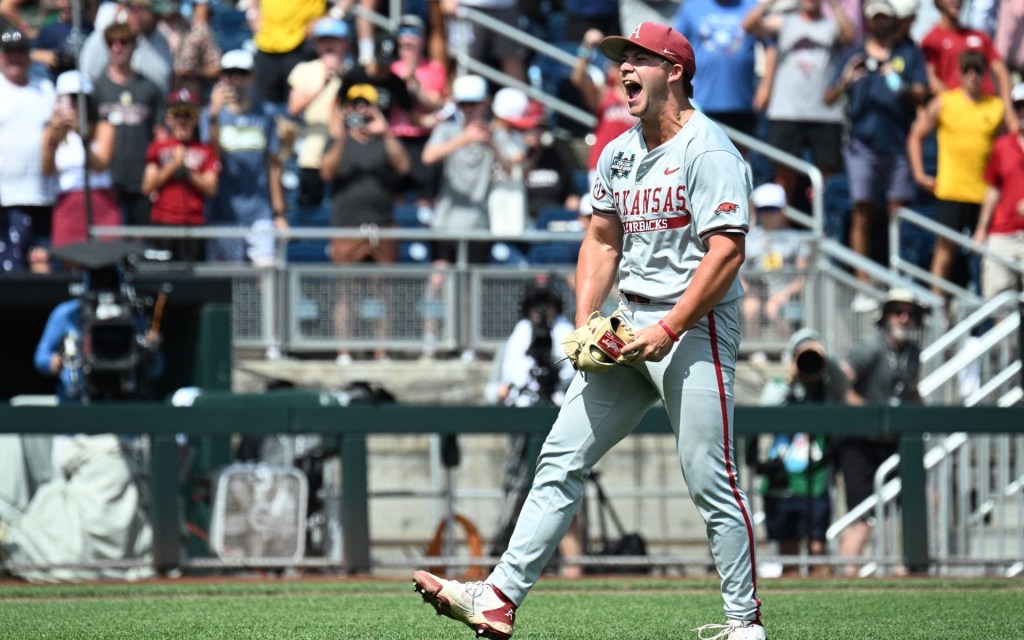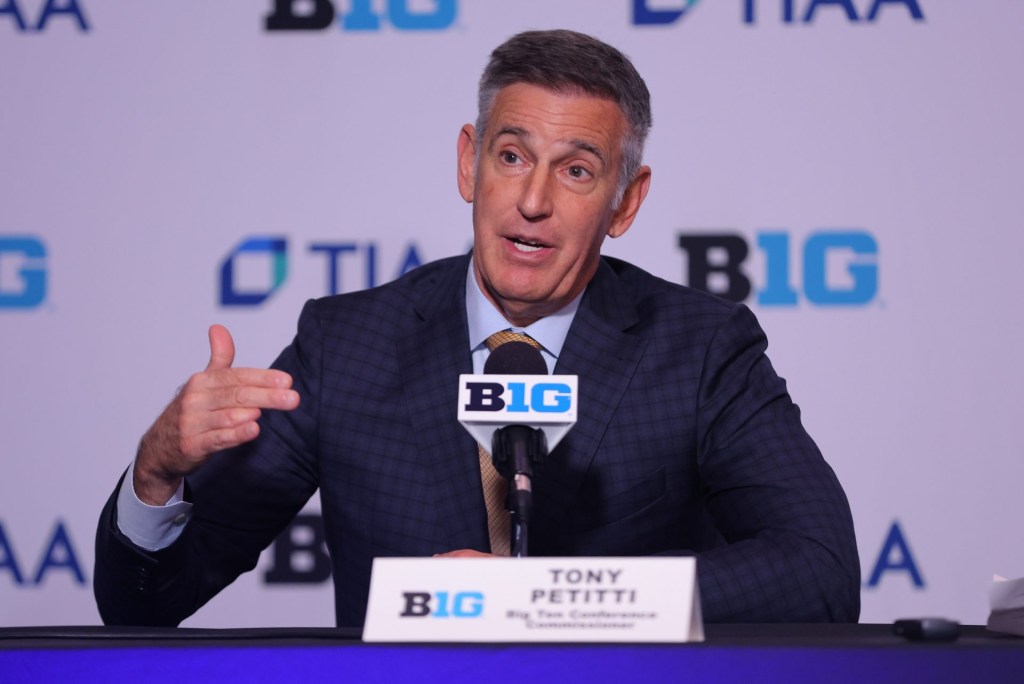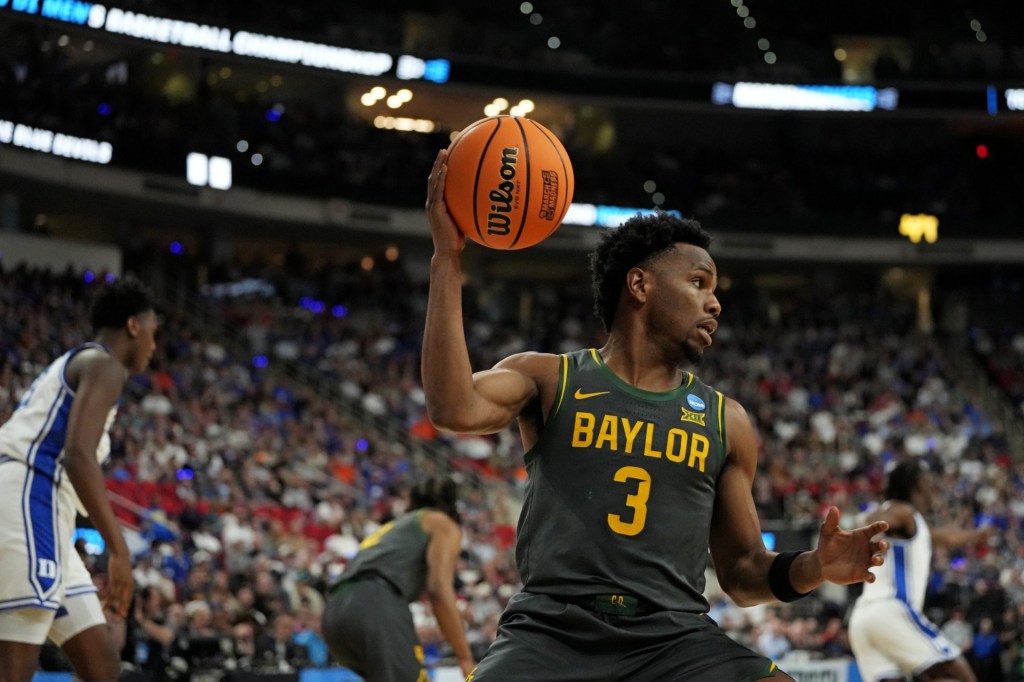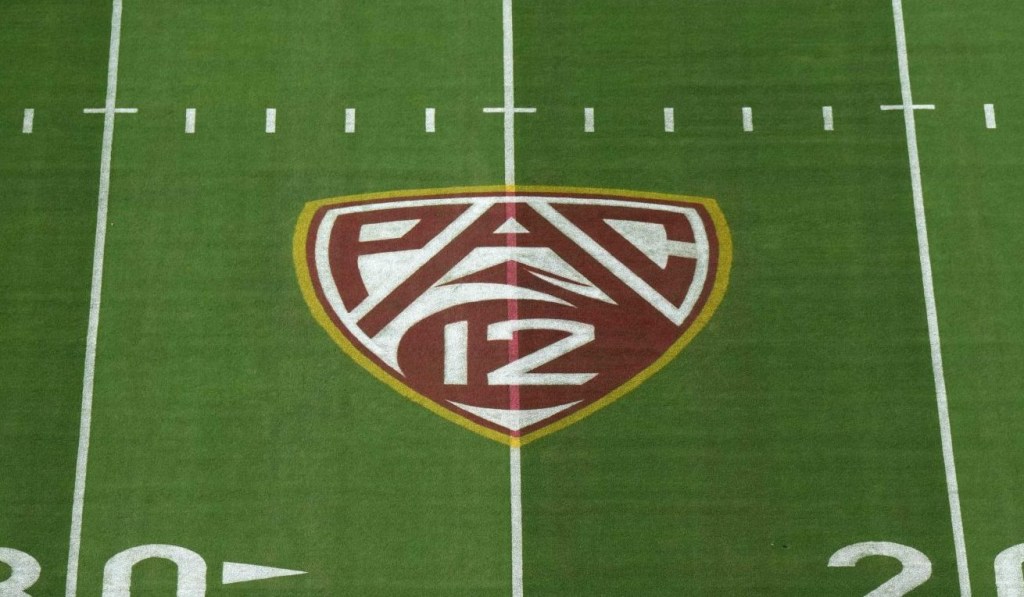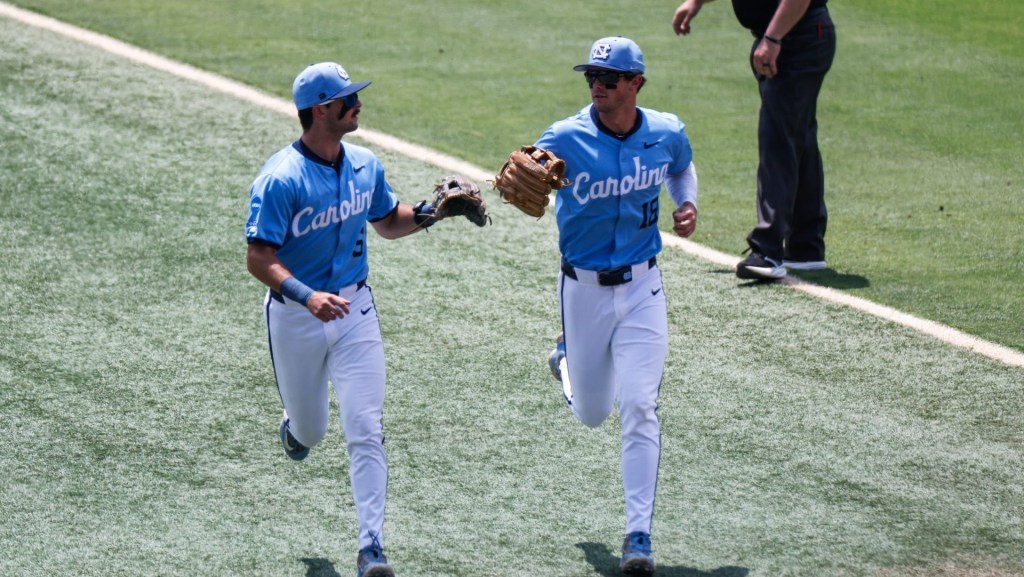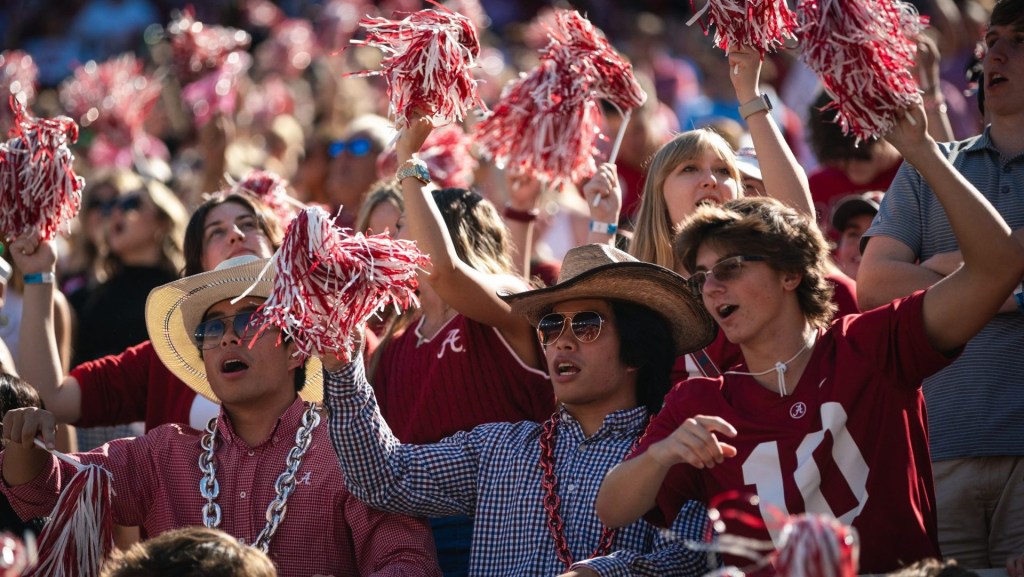On Wednesday, the Supreme Court heard arguments in the landmark college athlete compensation case, NCAA v. Alston.
If the NCAA wins, it may gain the ability to dismiss all future lawsuits that challenge its principles of amateurism.
NCAA v. Alston specifically asks whether the Ninth Circuit Court correctly found that the NCAA violated antitrust law by limiting how many “non-cash education-related benefits” FBS football and basketball players could get.
Seth Waxman, arguing for the NCAA, began by trumpeting a decades-old legal argument the NCAA frequently touts: The NCAA’s product is competitive against professional sports because athletes are amateurs.
But to that defense, justices asked several questions, including:
- What exactly is the NCAA’s definition of amateurism?
- Do consumers really watch NCAA sports over pro leagues because they’re not paid?
- Why shouldn’t courts scrutinize the NCAA for not paying their laborers — the athletes?
“Antitrust law should not be a cover for exploitation of the student-athletes,” Justice Brett Kavanaugh said.
Shawne Alston’s lawyer, Jeffrey Kessler, argued that the NCAA faced the correct amount of scrutiny under antitrust law. He said the claim that the NCAA’s product would be unpopular if athletes were paid has been “repeatedly debunked.” The Acting U.S. Solicitor General also argued on the side of the athletes.
Justices pushed both on the question: Will a favorable ruling “open the floodgates” to dismantle the NCAA’s college sports model? The decision will likely be released by the end of June.
For more details, read this week’s edition of FOS College.
